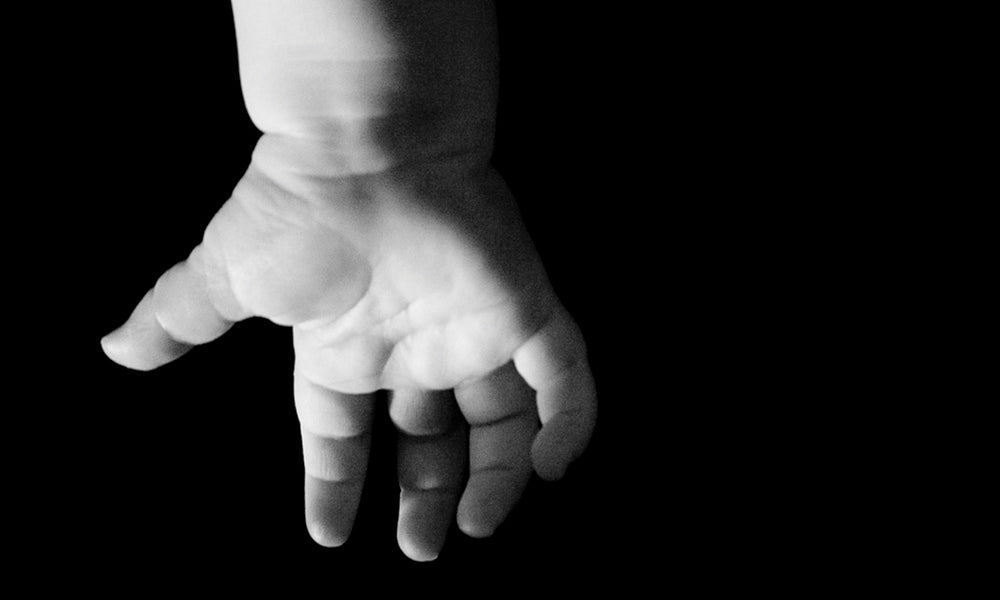As many as 20% of known pregnancies end in miscarriage, according to a recent study by Mayo Clinic. And when you factor in early, unknown pregnancies, the percentage is likely much higher. But despite it being so common, a miscarriage is oftentimes devastating to the parents and family who looked forward to meeting their little one. “It can be really overwhelming and isolating to live with and can impact your ability to function day to day,” explains psychotherapist Perri Shaw Borish, MSS, LCSW.
But you can and you will move forward.
As the saying goes: “The only way out is through.” And for anyone who has experienced something as difficult as a miscarriage, that’s the advice Shaw Borish gives. “You have to mourn the loss and feel the sadness,” she explains. Whether it was a six week-long pregnancy or you were 20 weeks along, grief is grief, and you need to experience it before you can feel any better.
As with any other death, you may go through common stages of grief like guilt or anger. “Oftentimes, there’s a lot of self-blame and some women might feel like a failure,” Shaw Borish says. This is totally normal. “This type of loss is powerful because the death literally happens inside of you. It’s extremely intimate and can feel really vulnerable,” she explains. Try to reserve some time to practice self-care and honor what your body has been through.
When you’re ready, talk about your experience with a trusted friend, family member, or a therapist. And try to articulate how the people in your life can help. “Tell people if you need empathy or someone to check in on you. Or maybe you need help with your other kids or the cooking so you can allow yourself to mourn,” recommends Shaw Borish. If you are feeling depressed, irritable, or like no one understands you, it’s best to seek professional help.
You’ve been through a tragic loss, but you’re not alone. Spending time with a partner or loved one who is also feeling this loss can be healing. “Hugging each other, laying with each other, and allowing each other to express what this means to them is so important,” Shaw Borish says. And in time, you’ll gradually start to feel more like yourself again.
Here are a few self-care tips to try:
Get rest --
You’ve just been through a lot and it’s not uncommon to feel exhausted. Give your mind and body time to heal. If you can, take a few days away from work and other stresses to be calm and quiet.
Wait to have intercourse --
Experts typically recommend waiting two weeks or until any bleeding has stopped before having sex. After that, it’s up to you and your partner to decide when you’re ready.
Nourish your body with healthy foods --
If you ate an entire family-sized bag of chips or a pint of cookie dough ice cream after a miscarriage, we don’t blame you. But after a few days, it’s best to give your body all the nutrients it needs to feel strong again.
Reach out to a professional --
Everyone can benefit from therapy in some way, especially after a miscarriage. Consider speaking with someone who specializes in mental health and healing.
Meditate --
Your brain is likely racing and it can be hard to slow down. Take a few minutes each day to breathe and check in with yourself. Apps like Calm and Headspace make meditation easy and approachable.

Erin Reimel
Erin Reimel is a freelance beauty editor and copywriter from the Philadelphia area. She has worked for publications like SHAPE, Cosmopolitan, ELLE, Glamour, and Women's Health. She currently works in education teaching beauty communications at her alma mater, Syracuse University, and working in the advancement department of the all-girls high school she attended. When Erin is not at school or writing and editing beauty content, she can be found playing with her brussels griffon puppy, Freddie, and singing show tunes.


